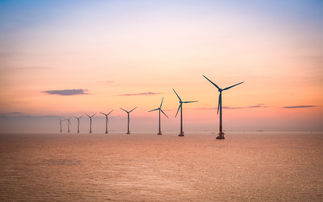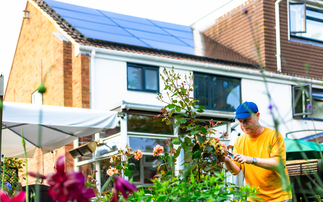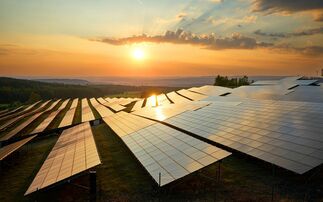Mark Futyan, distributed power systems director at Centrica, outlines why a U-turn on a 100-year-old government policy may be great news for household and business budgets
In many aspects of life, it's often the case that things move in cycles. From fashion trends and popular culture, to the success of football clubs.
In 1925, the British government asked Lord Weir, a Glaswegian industrialist, to solve the 'problem' of the country's inefficient and fragmented electricity supply industry.
Nearly a century on, our ever-growing thirst for electricity and an urgent need to cut emissions has seen the UK start to examine how we can move back towards this once problematic decentralised model.
The recently published 'Net Zero' report by the Committee on Climate Change (CCC) into how the UK can achieve a carbon-neutral economy estimates that demand on the UK's electricity network could double by 2050 - partly due to the transition towards electric vehicles. With the appetite for capital intensive, centralised generation at an all-time low, exploring how other small-scale energy sources can alleviate some of this strain is going to be vital.
Centrica is leading the way in delivering new technologies and approaches that we believe will transform the role of the energy supplier and how we all use and interact with energy. We are proud to be running the Cornwall Local Energy Market trial, which offers a glimpse into the future of a truly decentralised energy landscape with thousands, if not millions, of homes and businesses playing their part in regional energy markets.
This is the first project in the world which explores how decentralised flexible assets can work together in an efficient local energy system that meets the needs of generators, customers and networks alike - responding to price signals from the market in order to reduce the strain on the grid at peak times and maximise the productivity of low carbon generation assets.
As part of the trial we are installing self-generation and storage technology in homes and businesses across Cornwall. The installation of solar panels and battery storage units into 100 homes across the county, and making that stored energy available to the market as a single source of flexibility, is also big news for the country as it becomes the largest 'virtual power plant' of its kind in the UK.
We are working at an incredibly exciting time for the energy industry. This energy transition has the potential to drive positive change across communities, giving them the ability to take control of their energy, increase resilience, reduce environmental impact and unlock financial savings that can be used to create a more productive and prosperous economy.
Centrica's resources and reach enables us to make a meaningful difference.
As part of our 2030 Responsible Business Ambitions, we aim to deliver £5bn of value for communities through new and distributed energy technologies.
We set out 15 goals as part of our mission of 'helping you run your world in ever more sustainable ways'. These are focused in areas where we have the greatest responsibility and where we are well placed to make the biggest difference, such as how our customers can use energy more sustainably and how we can build the workforce of the future - all of which will help us to create stronger communities.
Beyond that though, our ambitions stretch to collaborating with partner organisations to help tackle enduring social issues in our communities on a range of issues from youth unemployment to supporting carers.
Who knows what our communities will look like in 100 years, the pace of change is relentless, but giving homes and businesses more freedom to generate and trade energy locally - helping manage network constraints, meet system balancing requirements and reduce bills - can only be a good thing.
Mark Futyan is distributed power systems director at Centrica









